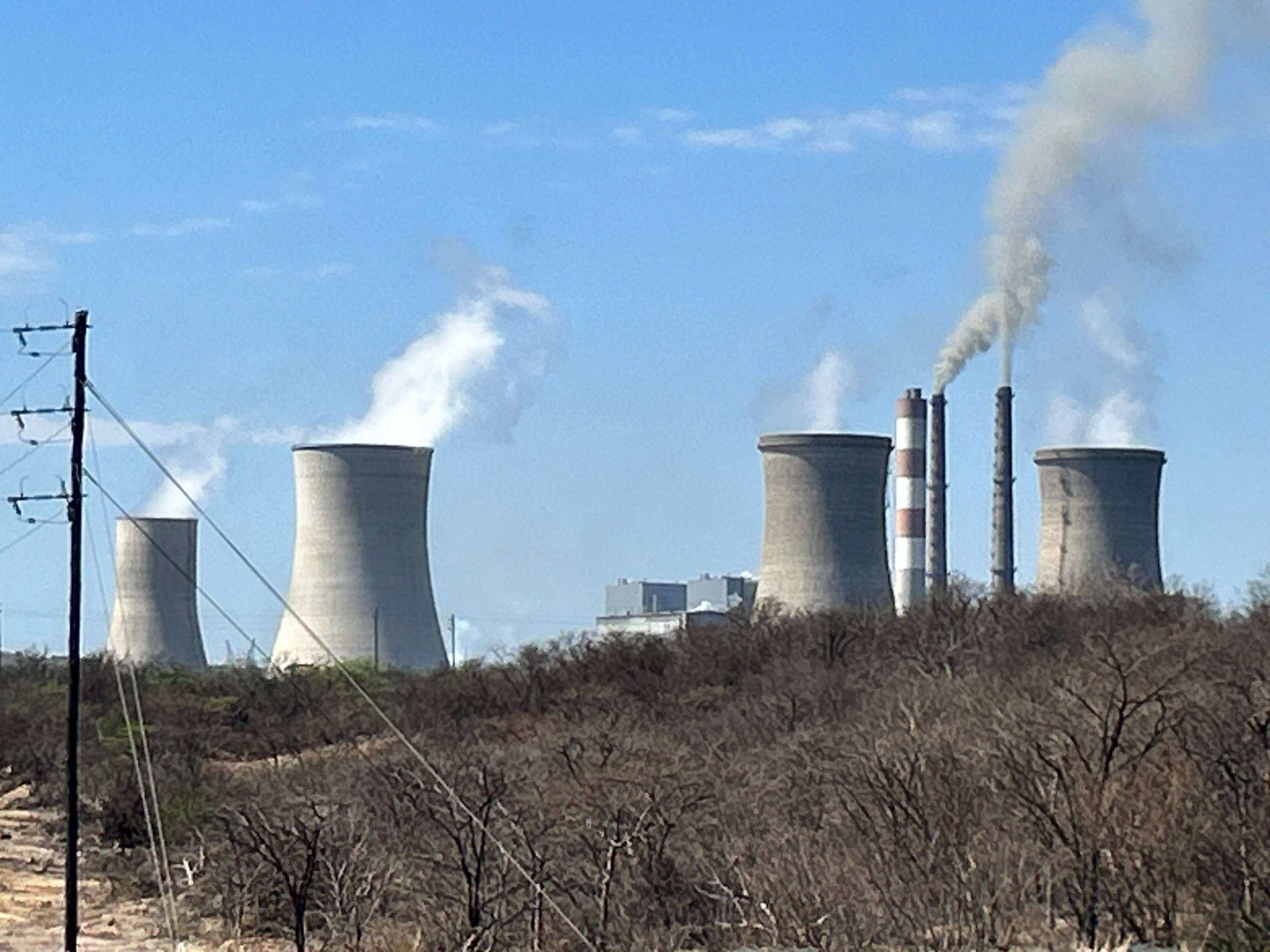The Postal and Telecommunications Regulatory Authority of Zimbabwe has just released the 2018 Q4 and overall yearly report. There are just two things I want to share right now which are probably gonna mean we are stuck with terrible connectivity for a while and probably things will get worse.
1. Infrastructure
There was a massive decline in capital expenditure in the telecoms sector. This means the operators were not prioritising infrastructure installation and upgrades in 2018 as much as in 2017.
TelOne invested 61% less money for capital expenditure in 2018 than in 2017. That difference is too huge. Mobile operators are not too different, they invested 41% less towards capital expenses than they did in 2017.
This is terrible. The telecommunications sector is a capital intensive sector and operators need to keep pouring dollars into their network just to maintain already achieved performance and much more to keep expanding their reach and to migrate to better technologies.
Some areas still have just 2G connectivity for example and they also need to get to 3G at least. We are not even talking about complete 4G coverage across the country as is the case in Rwanda, a country with much less GDP and GDP per capita than Zimbabwe.
It’s not because telcos are greedy
The reduced capex investment is not because telcos don’t care and they want to just milk us. Most of the expenditure on infrastructure and even to keep using their billing systems requires foreign currency. Foreign currency is not the most available thing in Zimbabwe right now if you didn’t know.
2. Tariffs
The POTRAZ Director General said his authority has not approved any tariff increases for locally accessed services. He said approvals to raise tariffs for roaming was given by the Reserve Bank of Zimbabwe.
To be honest, roaming fees are not going to help the situation much.
Before the introduction of the RTGS dollar, the telcos were supposed to be getting forex allocated to them by the RBZ but that was not happening. Now that the currency has been floated one would expect the telcos to be allowed to increase their tariffs so they can competitively participate at the forex market but no, politicking is taking priority as it always does in Zimbabwe.
Conclusion: the network problems we are facing will remain at best but the worst case is more likely: the problems will get worse.













